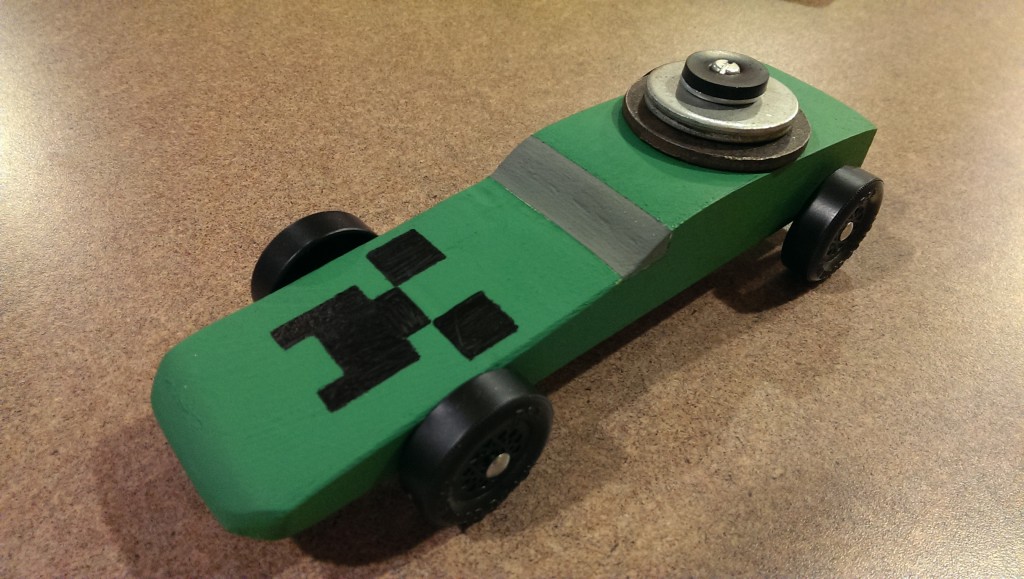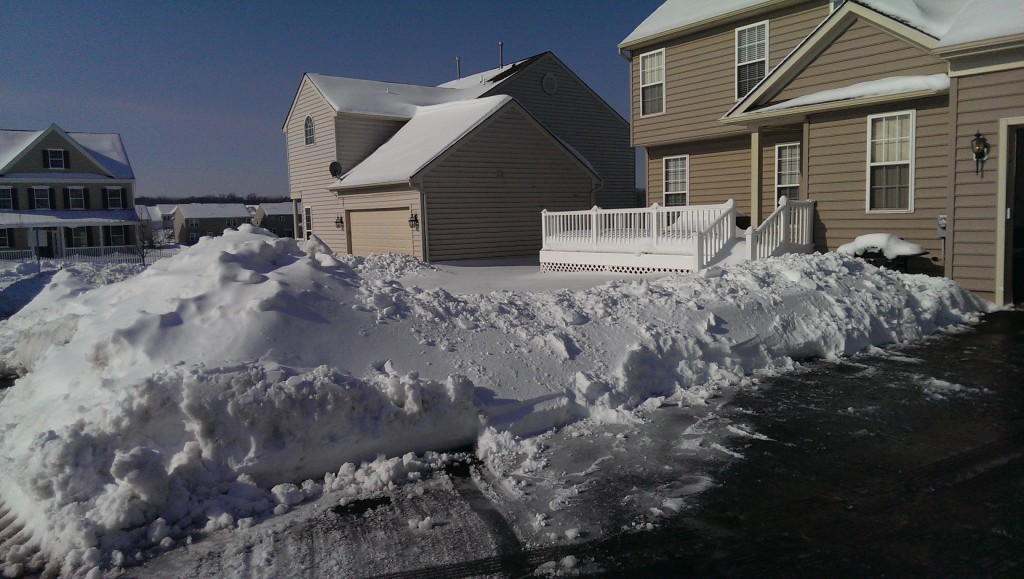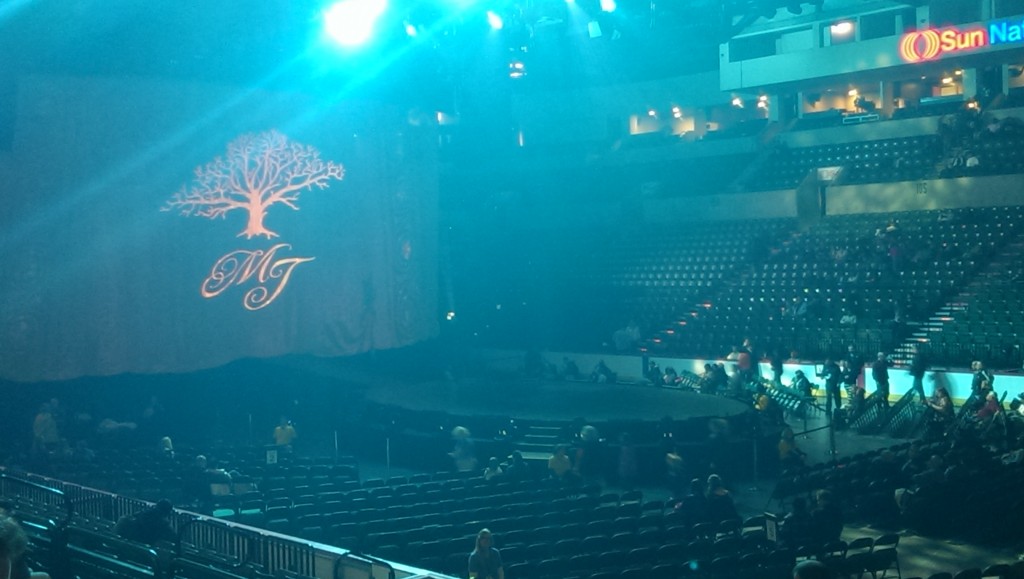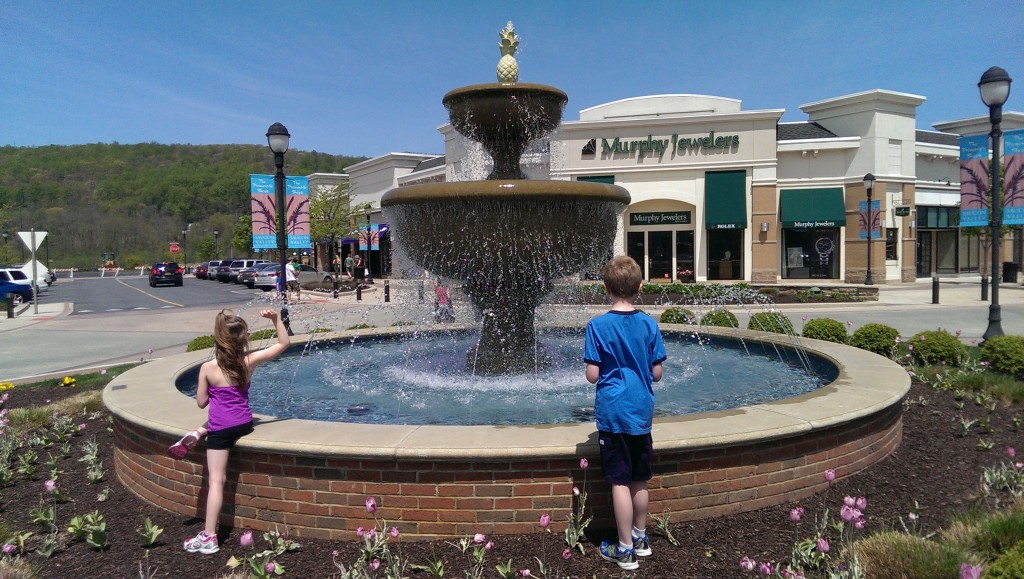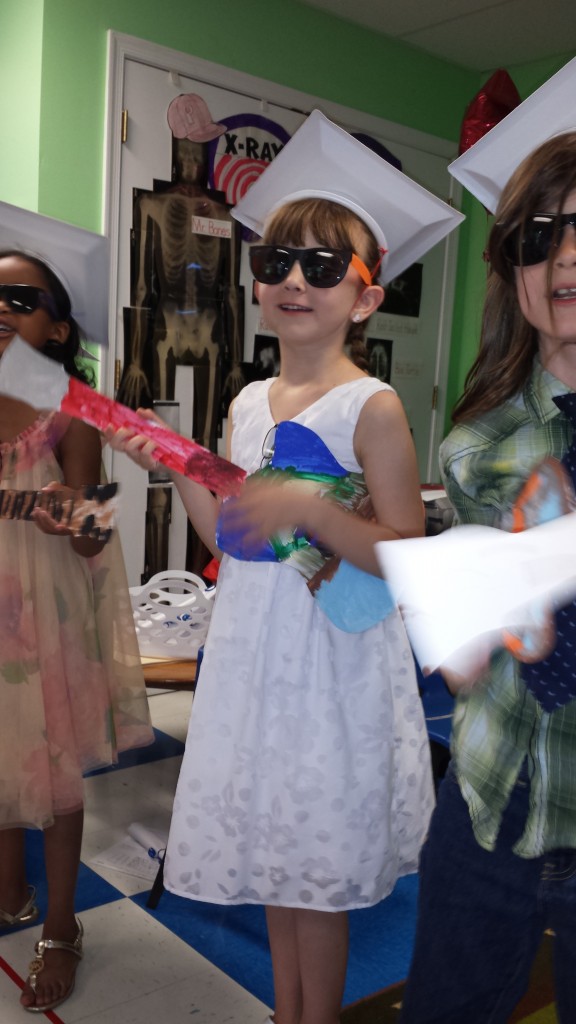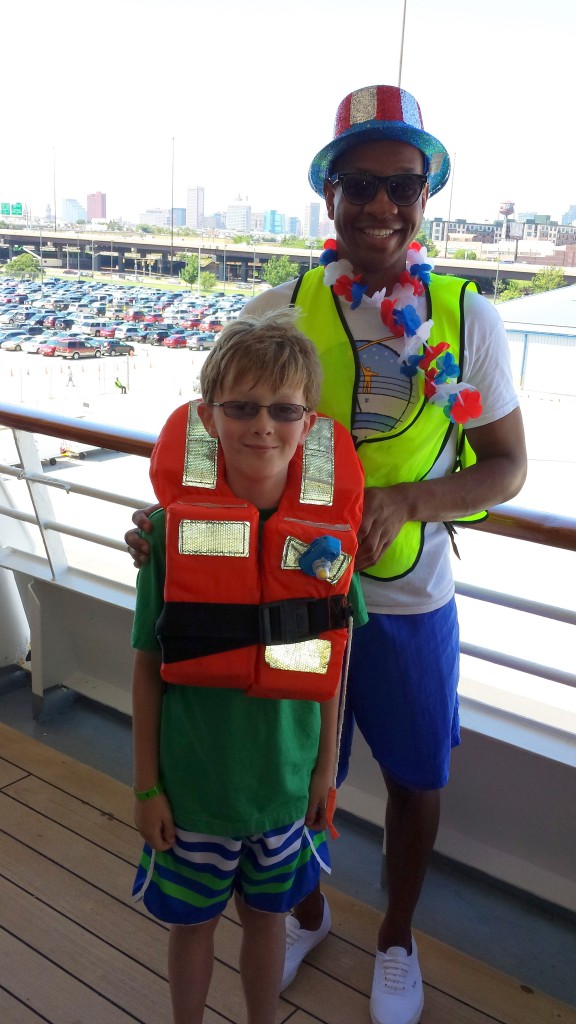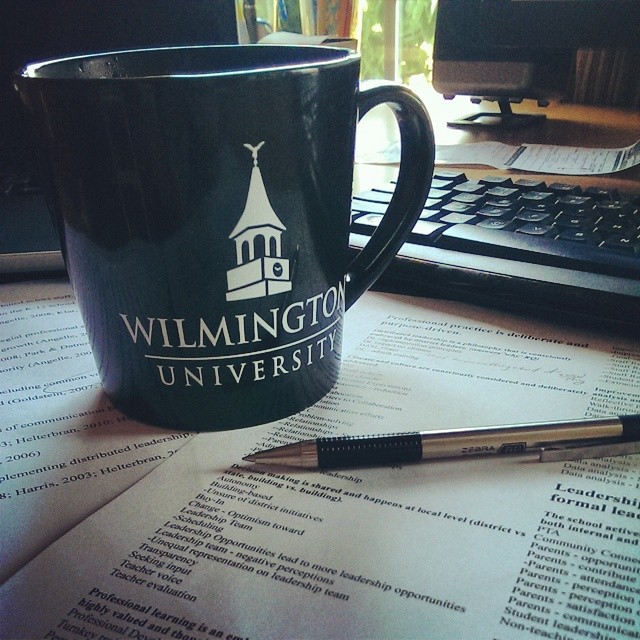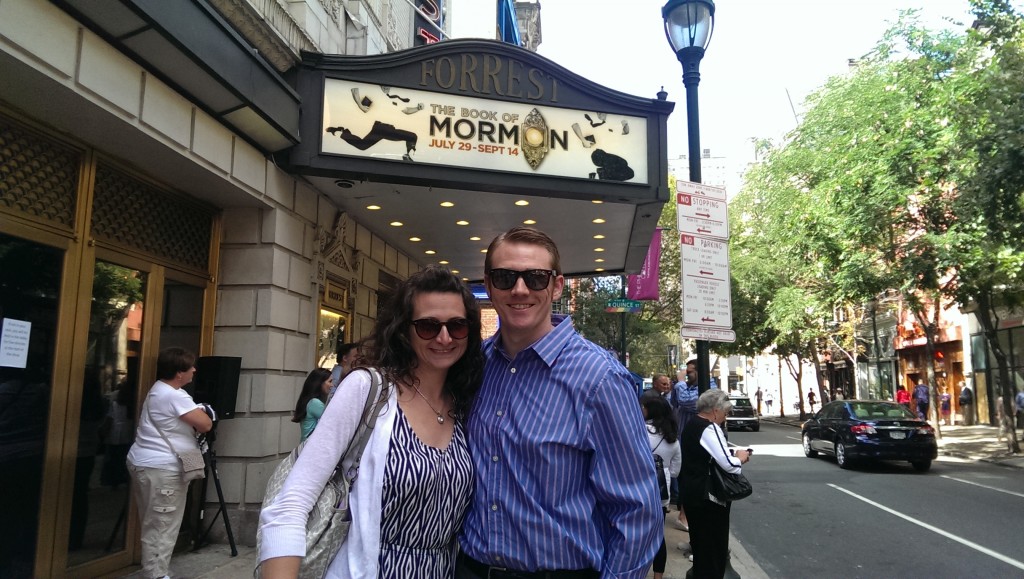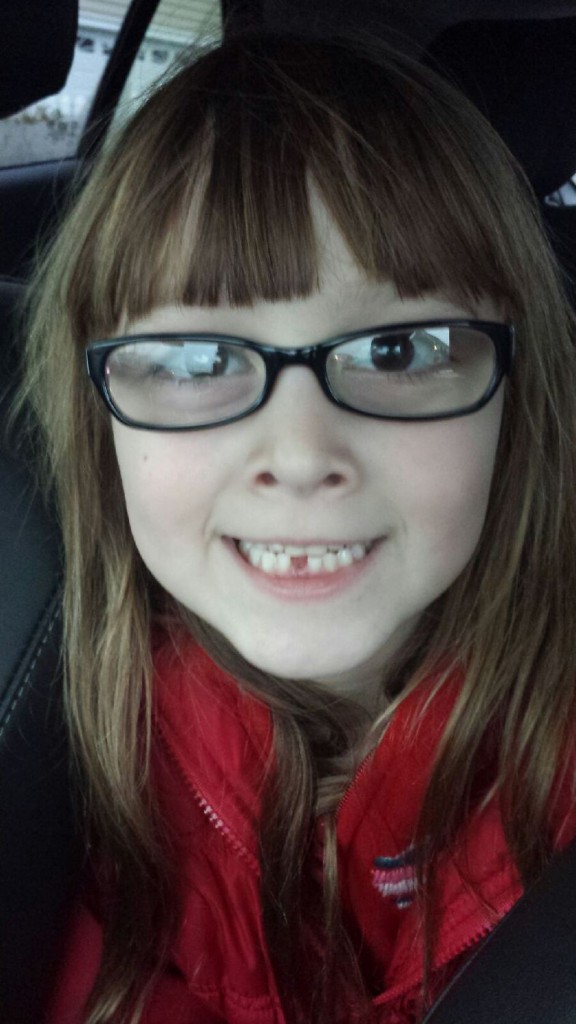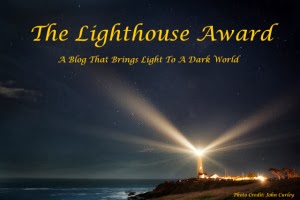Summer is a lot of things to a lot of educators: a time to reflect, a time to rest and recharge, a time to seek out valuable PD opportunities, or a time to work second (and third) jobs. For me, summer has traditionally been a time when I catch up on all the books I want to, but can’t, get to during the school year.
If you’re like me and looking to stock your nightstand or your Kindle with new stuff this summer, here are a few ed-related books I’ve read recently I think you’ll enjoy, in no particular order. In my next post, I’ll share some books I hope to get to this coming summer.
It’s Complicated: The Social Lives of Networked Teens, by danah boyd: I’m still in the middle of this one, but I’m really enjoying how she explores the central thesis, which seems to be that nothing is new under the sun; kids always have and always will congregate and engage in certain identity-establishing behaviors, they’re just now doing it more in the landscape of Twitter and Instagram than in malls and parks. I’m finding myself nodding along as I read, as I’m finding her expressing concepts that I have long agreed with and tried to express (to anyone who would listen), but have failed in doing so nearly as eloquently or concisely. An excellent treatment that really dissects the whys and hows of the “social” part of “social networking” (and an excellent model as I construct the qualitative components of my own dissertation research).
Improbable Scholars, by David L. Kirp: This book had me glued to my Kindle the entire duration of a plane ride to Antigua last summer, as well as the better part of my time there. The story of the re-generation of the Union City (NJ) public school system is as engrossing as it is inspiring. I could (and probably should) write an entire post just about this book, but this list enumerates the basic central concepts around Union City’s school improvement plan:
1. High-quality full-day preschool for all children starts at age three.
2. Word-soaked classrooms give youngsters a rich feel for language.
3. Immigrant kids become fluent first in their native language and then in English.
4. The curriculum is challenging, consistent from school to school, and tied together from one grade to the next.
5. Close-grained analyses of students’ test scores are used to diagnose and address problems.
6. Teachers and students get hands-on help to improve their performance.
7. The schools reach out to parents, enlisting them as partners in their children’s education.
8. The school system sets high expectations for all and maintains a culture of abrazos—caring—which generates trust.
(Kirp, 2013, p. 9)
The promo materials describe Improbable Scholars as “a playbook – not a prayerbook” for true education improvement. While I’m generally wary of bumper sticker-level reductions of complex, nuanced issues, I find this one pretty apt. Go read this book. Now. Go.
Seriously.
My Dyslexia, by Philip Schultz: A short read, clocking in at a little over 100 pages, My Dyslexia does what it says on the tin: Schultz describes his experience growing up with dyslexia in an era before anyone knew what dyslexia was. Spoiler/not spoiler: Schultz grows up to become a Pulitzer Prize-winning poet, but the emotional payoff is not in the destination, it’s in reading about Schultz’s journey, for both the heartrending as well as the heartwarming.
The Death and Life of the Great American School System and Reign of Error, by Diane Ravitch: What more can I say about these books that hasn’t been said already? Personally, I found Death and Life to be much more informative than Reign. Death and Life provides a good historical foundation for much of the corporate-driven education “reform”, including Ravitch’s own involvement with the development and implementation of No Child Left Behind, and provides a fantastic perspective for those of us too early in our careers to remember a time before NCLB (for the record, I started teaching in 2000, which is technically pre-NCLB, but not by much). Reign concerns itself more with the current wave of testing hysteria, “accountability”, and reformyism. While it didn’t tell me much I didn’t already know, I really liked how it is structured: each chapter addresses a different area, presents the reformy argument, disassembles that argument (with numerous citations for support), and presents an alternative approach (again, supported by facts and citations). It’s an excellent reference resource, if nothing else.
You Can’t Say You Can’t Play, by Vivian Gussin Paley: Paley was a kindergarten teacher who noticed that the most harmful acts committed by her students were not ones of physical violence, but social exclusion. In response, she instituted a new rule in her classroom: “you can’t say you can’t play”. In the book, Paley shares her thought process as well as discussions with her students about this rule, both her current kindergarteners and her former students in the older elementary grades. Unlike Improbable Scholars, it’s not a cut-and-dry “we did this and it worked!” story; rather, it focuses on the conversations around the rule: why we exclude, how it impacts others as well as ourselves, and if – not when – we as a society can, will, or even should end the practice. More food for thought than a how-to manual, but a valuable read nonetheless, even – or perhaps especially – if you disagree with Paley and her rule.
What books have you read lately that you feel are must-reads for educators? What would you add to this list?
